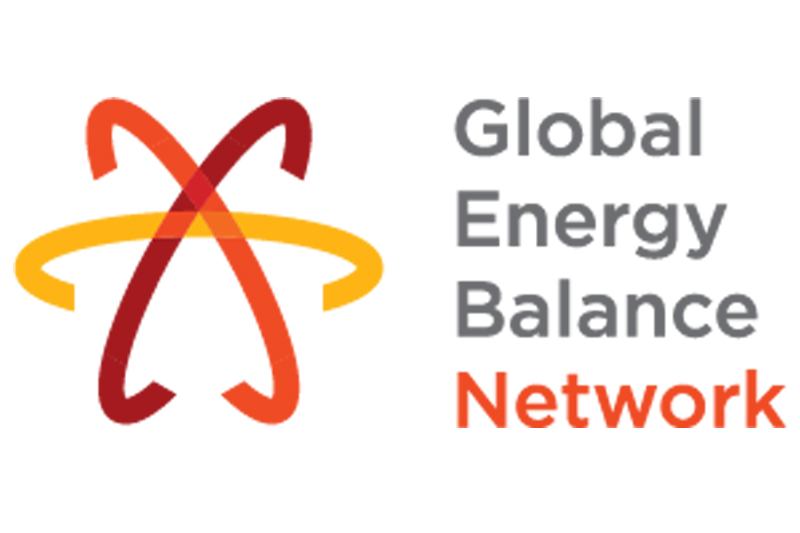Group funded by Coke to fight obesity disbanding
The group had previously said that it received an "unrestricted gift" from Coke and that the Atlanta-based soft drink giant had "no input" into its activities.
Last week, The Associated Press reported on emails showing that Coke helped with the selection of the group's leaders, edited its mission statement and suggested content for its website. When contacted about the exchanges, Coke CEO Muhtar Kent said in a statement there wasn't enough transparency regarding the company's involvement.
Coke also told the AP that it accepted the retirement of Rhona Applebaum, its chief health and science officer who initially managed the relationship with the group. The company said it was no longer working with the Global Energy Balance Network.
The Global Energy Balance Network, led by a professor at the University of Colorado School of Medicine, initially came under fire in August after The New York Times reported on the group's funding by Coke. On November 6, the University of Colorado said it was returning a $1 million donation from the company because of the distraction it was creating.
The University of South Carolina has said it is keeping a $500,000 donation it received for the group and that there was no misuse of funds. One of the school's professors is also a group leader.
Coca-Cola said Monday night it had no comment and deferred questions about the status of its donation to the University of South Carolina. A representative for the university did not respond to a request for comment Monday.
Critics say Coke touts the idea of "energy balance," or the need to offset calorie intake with physical activity, to deflect negative attention over its sugary drinks by stressing the need for exercise.
James Hill, the group's president and a professor at the University of Colorado School of Medicine, did not respond to a request for comment. Steven Blair, the group's vice president and a professor at the University of South Carolina, also did not respond.






